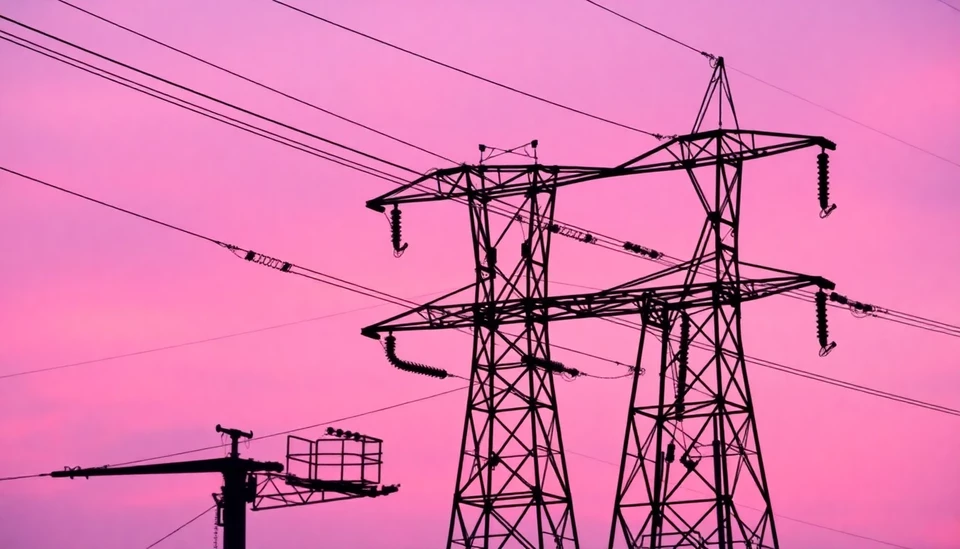
A recent study has raised alarms about the growing threat of blackouts in North America, spotlighting concerns over the reliability of power systems amid climate change and a surge in extreme weather events. Researchers have indicated that the risks associated with power outages are escalating, affecting both urban and rural areas. The report points to a significant shift in the energy landscape, underscoring vulnerabilities within the infrastructure that many residents and businesses depend upon daily.
Conducted by a team of energy experts, the study highlights the pressures of integrating renewable energy sources, such as solar and wind, which, while beneficial for reducing carbon footprints, bring their own challenges. As these intermittent resources play a larger role in the power grid, managing supply and demand has become increasingly complex. The research indicates that without substantial investments in grid upgrades and adaptive technologies, the risk of large-scale blackouts will continue to rise dramatically.
Adding to these concerns is the escalating incidence of extreme weather conditions including hurricanes, wildfires, and heavy storms, which are becoming more frequent and severe due to climate change. These weather events pose enormous challenges to maintaining grid stability and resilience. The study suggests that power systems are ill-equipped to handle such disruptions, particularly in densely populated areas where demand peaks during adverse weather.
The findings come as utility companies grapple with the dual challenges of maintaining service reliability and transitioning to cleaner energy sources. As regulatory pressures mount to reduce greenhouse gas emissions, utilities face tough choices on how to balance grid demands and sustainability efforts. The report emphasizes the need for innovative solutions, including investment in battery storage technologies and smarter grid management systems, which are crucial for ensuring energy availability even during periods of high demand or supply disruption.
Experts warn that failure to act could result in severe economic repercussions. Prolonged outages not only affect daily life but can also hamper businesses, disrupt transport, and lead to significant financial losses. Communities, particularly those with vulnerable populations, are at heightened risk as prolonged blackouts can lead to health hazards, food spoilage, and potential loss of life in extreme cases.
In light of these findings, the report urges policymakers and energy stakeholders to prioritize grid resilience and invest in necessary upgrades. Emphasizing collaboration among various sectors and encouraging public engagement in energy planning can foster a more reliable and efficient power future. Stakeholders are also encouraged to share best practices and prioritize technology integrations that can help mitigate risks associated with blackouts.
The increasing frequency of outages serves as a stark reminder of the urgent need for action in North America’s energy sector, highlighting a critical juncture at which proactive measures are essential for safeguarding the future of power distribution.
In conclusion, as climate change continues to impact weather patterns drastically, and the industry shifts towards more sustainable energy sources, ensuring the reliability of North America’s grid will be more crucial than ever. Without immediate action to bolster infrastructure and adapt to changing demands, risking further outages is a reality communities may soon face.
#BlackoutRisks #EnergySafety #PowerGrid #RenewableEnergy #ClimateChange #GridResilience #NorthAmerica #Utilities
Author: Peter Collins




